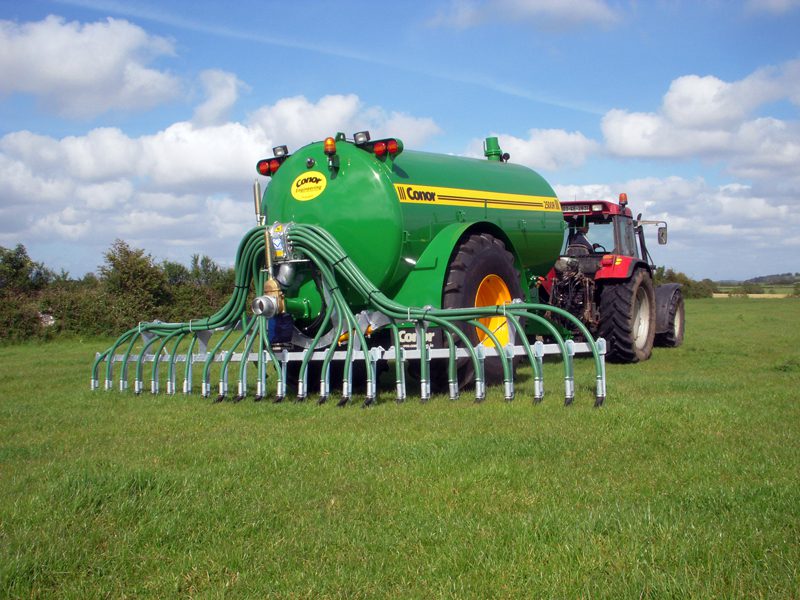The Irish Farmers’ Association (IFA) has said that the lack of engagement and information from the Department of Agriculture, Food and the Marine (DAFM) on the new Nitrates Action Plan (NAP) is “disrespectful”.
IFA Dairy Committee chair Stephen Arthur said that the impending changes will affect many farmers, particularly those in derogation.
“I am meeting farmers all around the country, both at IFA-organised information events and informally, and most are totally unaware of the changes that will happen in the next few months that may have a detrimental effect on their ability to remain viable,” he said.
“The new banding regime will come in on January 1, 2023, but many have no idea how exactly this will be calculated.
“This change could mean a significant reduction in stock numbers on some farms.
“The department must take responsibility here to engage with and inform all farmers on what is coming in only four months’ time,” Arthur continued.

“Added to the many other changes in the new Nitrates Action Plan is the threat of a reduction in the organic nitrogen (N) level in some areas to 220kg/ha at the interim review next year.
“This measure was never mentioned during the consultations on this new plan last year and has placed a huge burden of worry on many family farms,” he continued.
The IFA Dairy chair said that information must also be provided to farmers on how the new fertiliser database will operate.
“Moves like this have farmers on the ground feeling like they are being treated with contempt,” Arthur remarked.
IFA National Environmental Committee chair Paul O’Brien agreed that the new NAP measures will impact many farmers.
“It is very disappointing that the department of agriculture has, to date, not organised to meet farmers to inform them on exactly what is involved,” he said.
“I am encouraging the department to organise information meetings as soon as possible, as would have happened prior to Covid-19 restrictions.
“These are required so farmers are fully aware of all changes and to ensure they do not fall foul of these new regulations,” O’Brien concluded.
